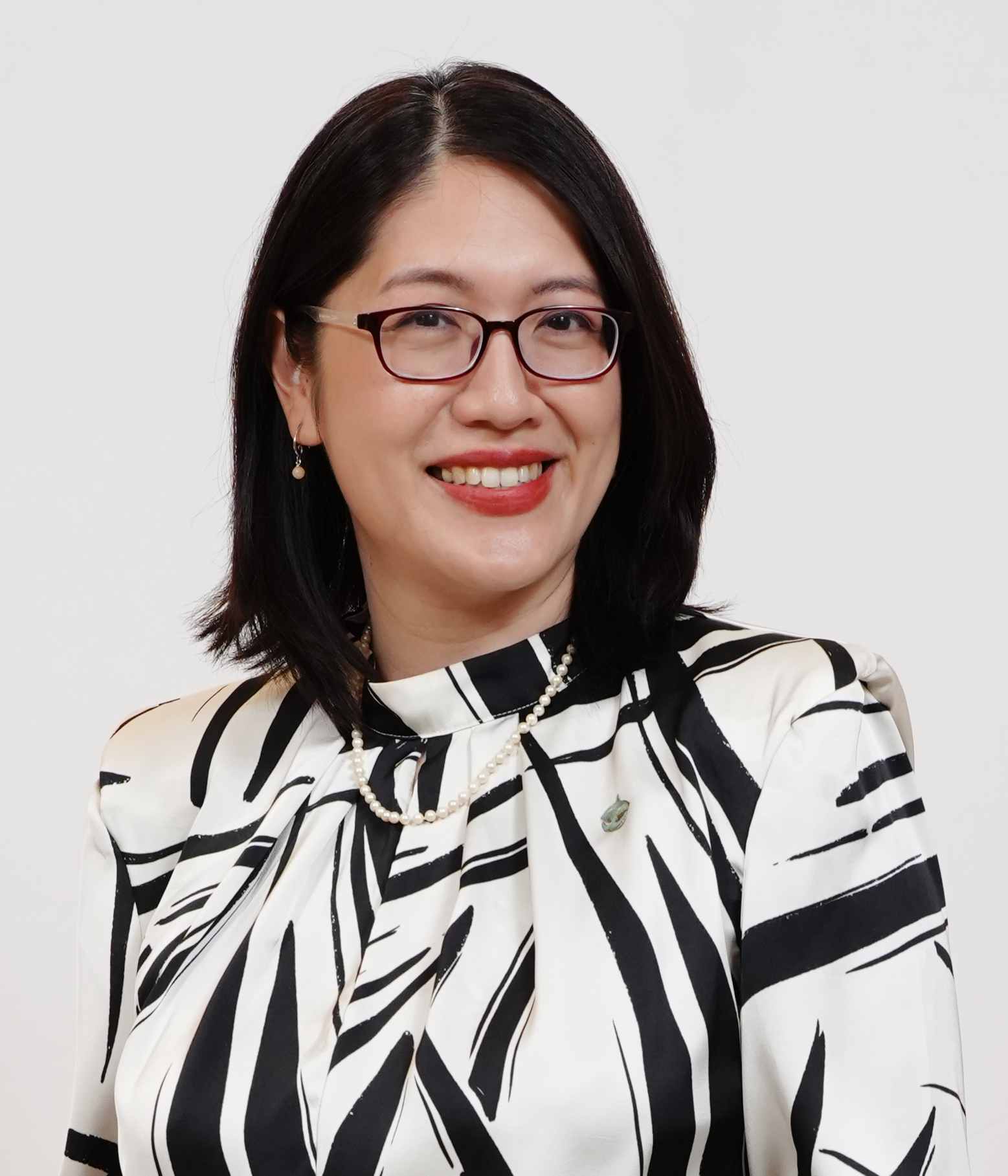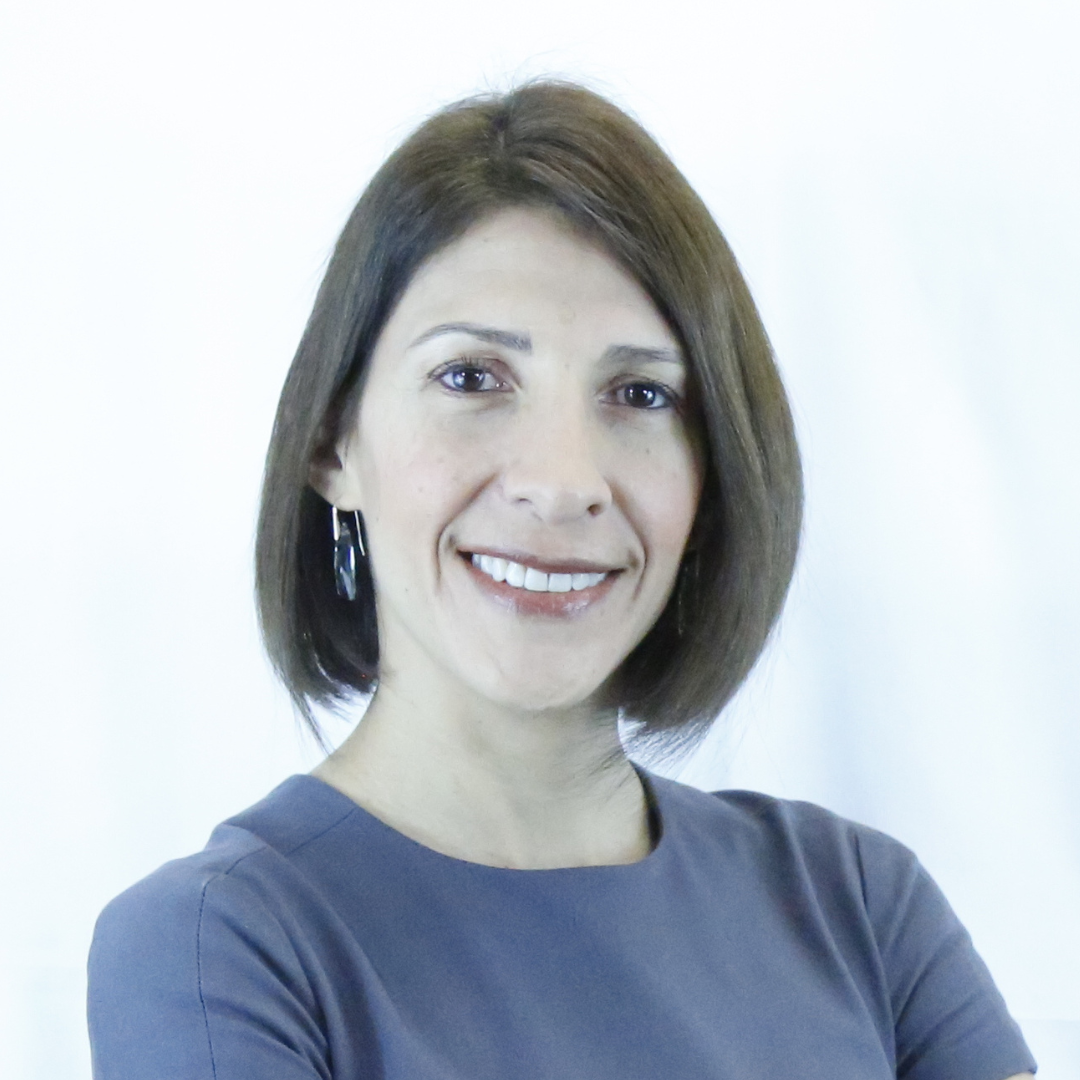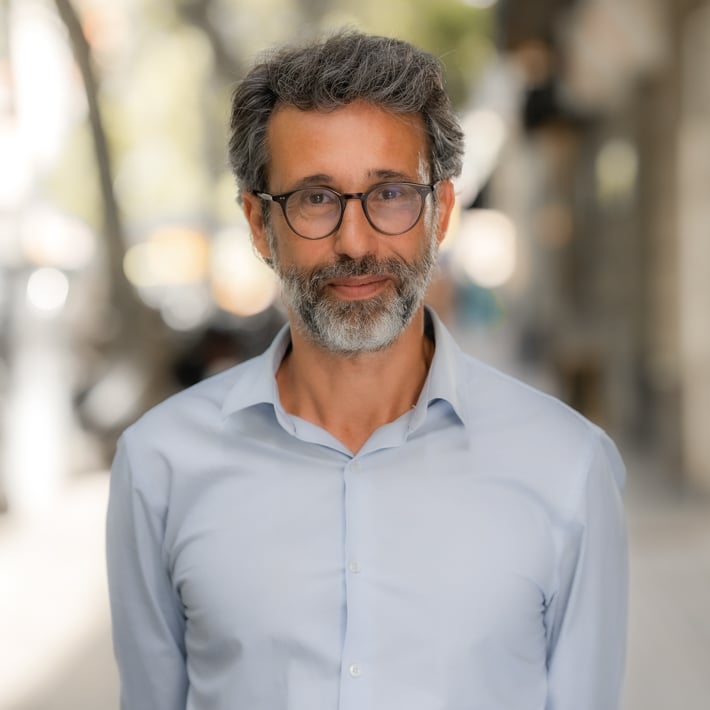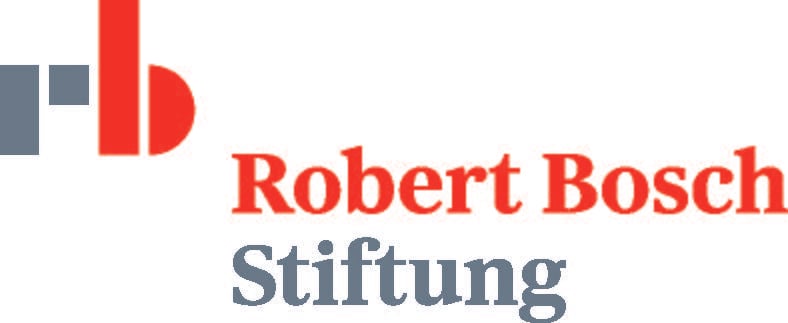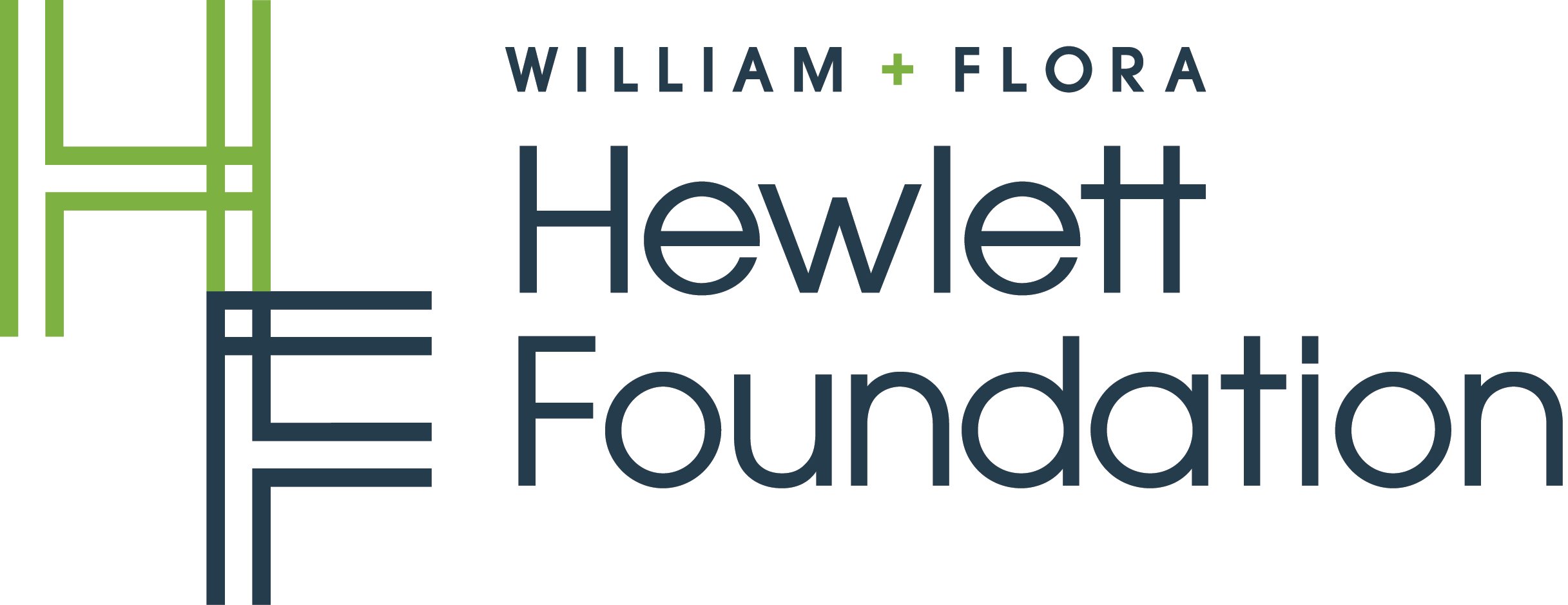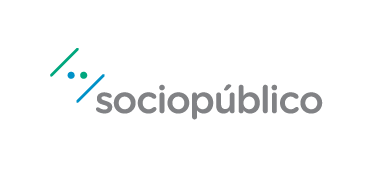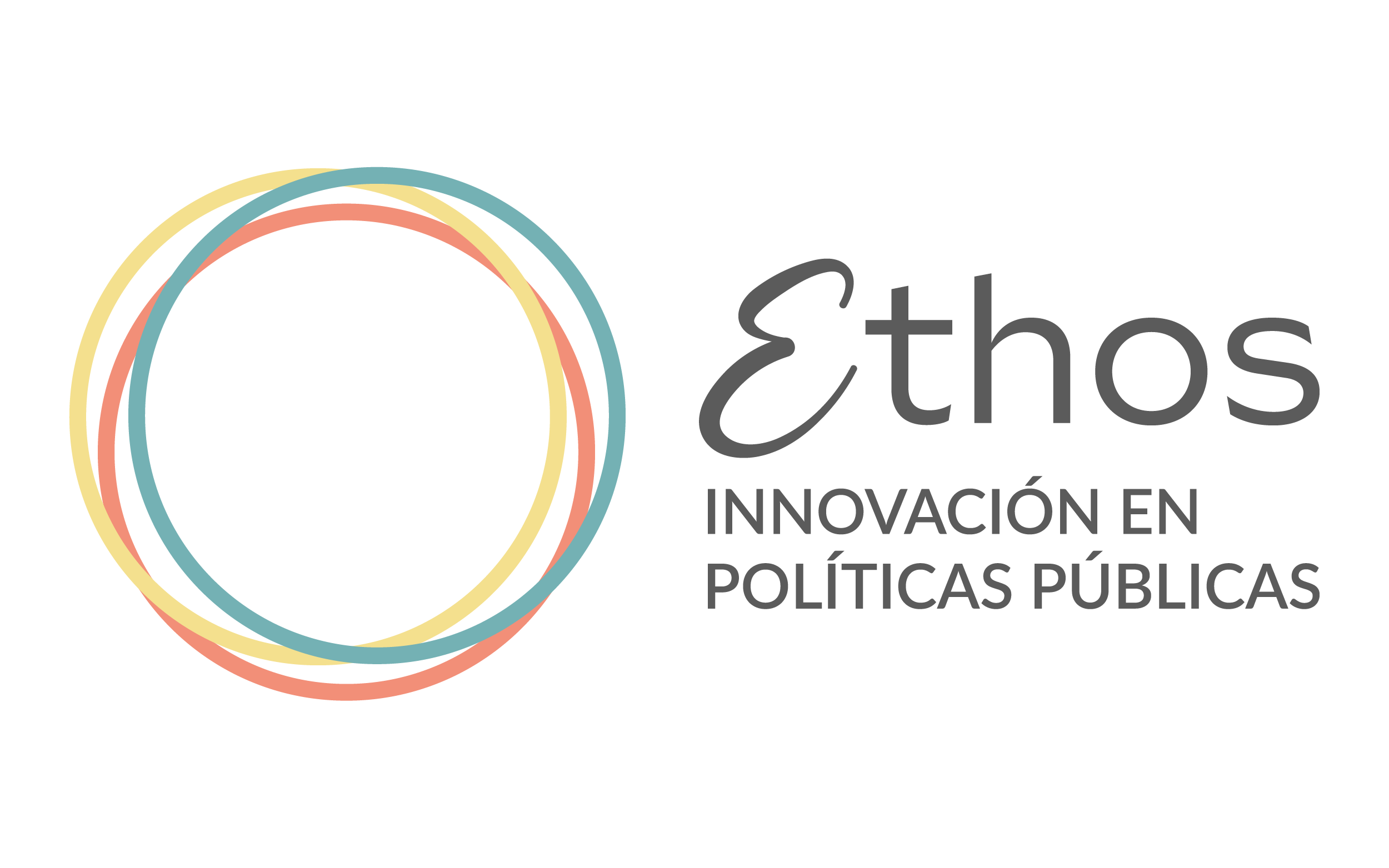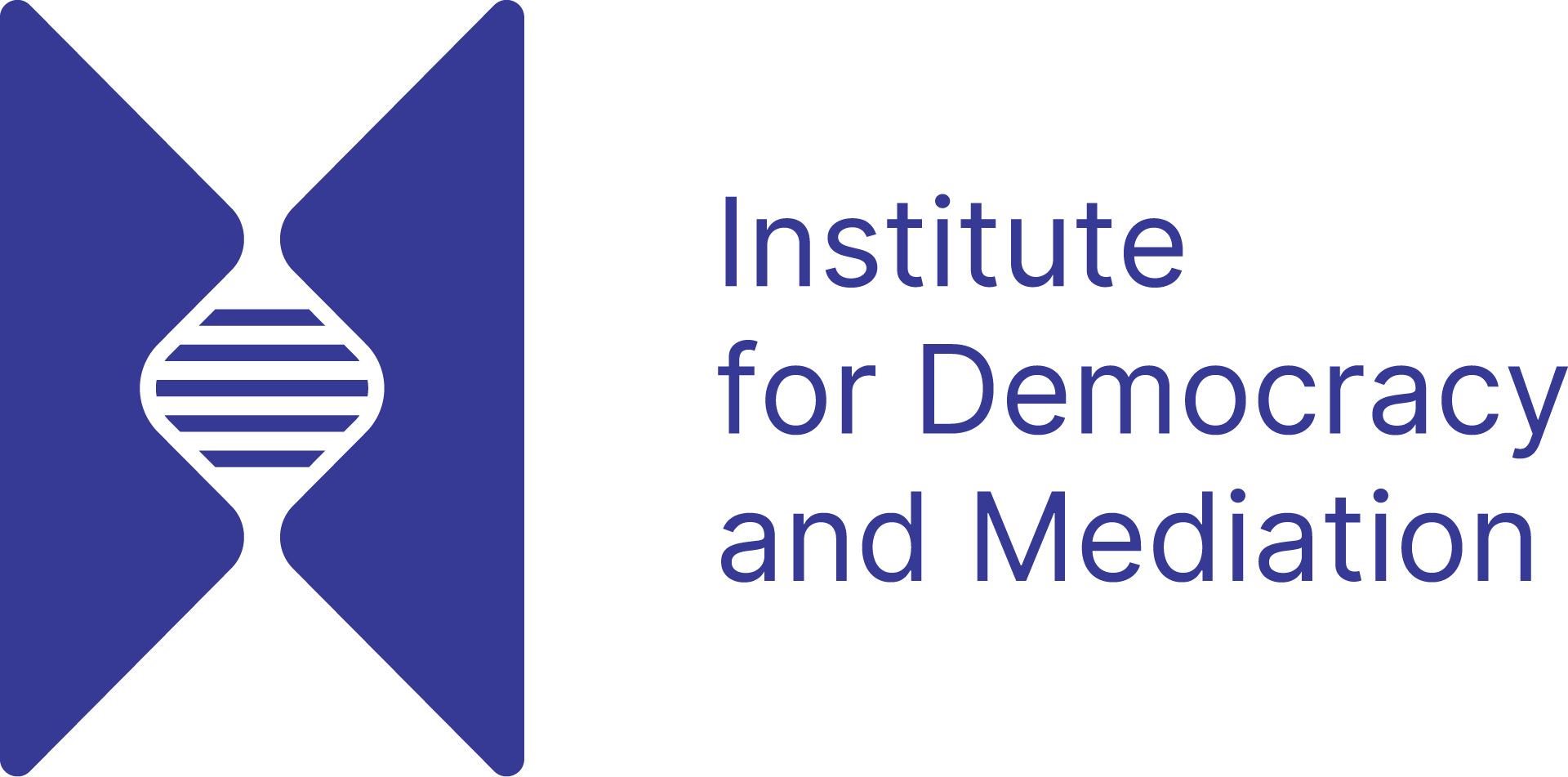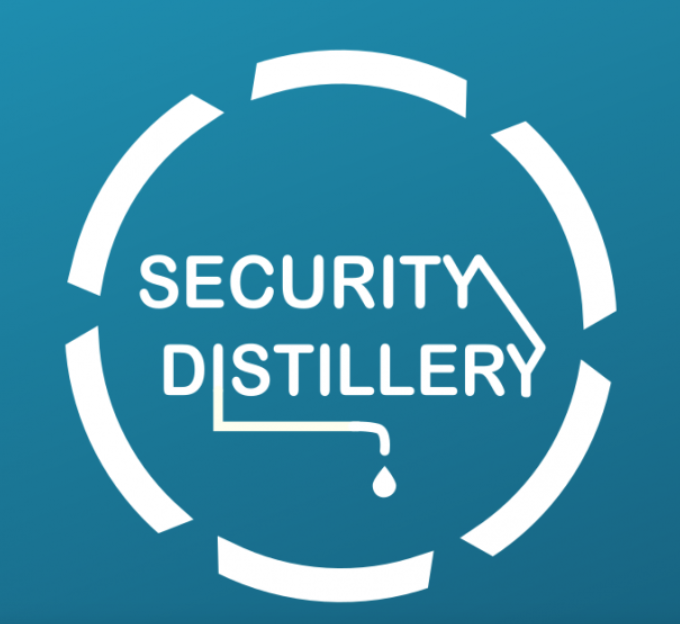Join think tank leaders, funders and policy experts from around the world to connect, learn and exchange ideas at OTT Conference, this year hosted in partnership with Fundació Bofill.
What to expect
OTT conferences are designed to create opportunities for formal and informal interactions, and for participants to create sessions on topics relevant to them.
The programme includes a public event on the first evening, followed by a lineup of keynote addresses, plenary and parallel sessions. Scroll down to the working agenda for more details.
The programme includes extended coffee and lunch breaks for networking, a marketplace of ideas, and fringe events hosted by participating organisations throughout the week.
We invite you to use your time in Barcelona to organise meetings and fringe events with other conference-goers. If you want our support to connect you with other participants from a specific sector or region, reach out.
If you’re still unsure about what to expect, watch the final reflections and sessions from last year’s conference.
Conference sessions will take place in English.
Think tanks and their communities
The topic of this year’s conference is think tanks and their communities. The early think tanks began within communities addressing local issues. However, think tanks have evolved and today are often perceived to be part of the elite. While think tanks have become trusted evidence sources for policymakers, are they trusted members of their communities? How many people walk past think tank offices without knowing what transpires within?
Think tanks are beginning to recognise that true progress comes when they embrace their roles as facilitators and collaborators, working alongside communities to bridge the gap between research and policy.
At the OTT Conference 2024 we will discuss questions like, what communities do think tanks belong to? How can think tanks contribute to their communities? And how can they build trust, engage and collaborate with them?
The agenda is now full. But if you plan to submit a session proposal for 2025, please read our guidelines.
Participation
The OTT Conference is an invitation-only event as we have limited space. We are inviting think tank leaders and funders to register your interest in attending the conference. We will get back to you as soon as possible. To make sure you are included in future invitation lists sign up for our Newsletter!
There is a small registration fee to support conference costs: 160 GBP standard fee, and 80 GBP reduced fee for selected countries. Participants are expected to cover their own travel and accommodation costs. We are working closely with our partners to secure funds to support the participation of thinktankers from the Global South.
Already registered?
- Check out our Barcelona City Guide to plan your trip, find accommodation and locate the venue.
- See participating organisations so far.
- Scroll down to review the agenda.
Partnership and sponsorship
We are grateful for the support of the Hewlett Foundation, Robert Bosch Stiftung, Mercator Stiftung, Ford Foundation, Casa Asia, Soapbox and Fundació Bofill.


